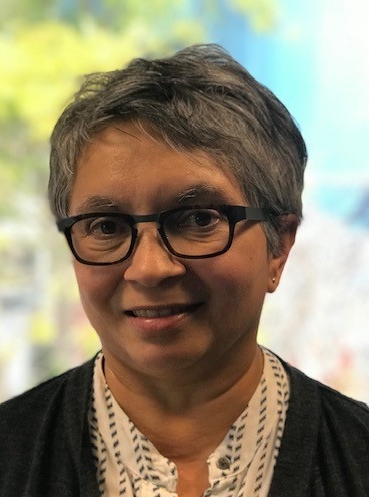Disability Practice in the Spotlight
Playing a key supporting role in a students university journey

For Jackie Weinman, the shift from working in occupational therapy in a health setting to an educational environment seemed like a natural transition, one which she judged to be a move to a positive and progressive environment which lead to substantial pride in her role and her experiences in helping to support others’ university experiences.
“It is a privilege to connect with a diverse range of students who trust you with their most personal information and challenges in the first conversation you have with them. It’s a daily reminder that everyone is facing their own battles, even though they may not be very visible.”
In considering her 16 years in her role at Curtin University, she remarks that her role is one where she always is presented with new problems to tackle which means it is always an engaging experience. Specifically, she notes that her career highlights include: leading an amazing AccessAbility Services team which also provides a dedicated specialist mentoring program for students on the autism spectrum; collaborating with colleagues to organise the Pathways 12 Conference in Fremantle; forging connections and developing a national understanding of sector issues in representing WA universities on the Australian Tertiary Education Network on Disability (ATEND) committee; and finally, auditing disability accessibility and providing disability awareness training at Curtin University’s Miri campus.
Although she credits these particular career milestones to be highlights in her education practitioner role, she ultimately concludes that the true highlight of all of her experience has been working with students and being a part of their journeys through tertiary education.
“It’s wonderful to have success stories, but just as important [is] to know that you have played a key supporting role in someone’s university journey, whatever it may be.”
This type of outcome is a consequence of a dedication over many years to developing a successful approach to her work. Jackie states that the advice she would give to others is to collaborate with their colleagues to share knowledge and develop critical skills. For new practitioners, she said it additionally takes a while to be comfortable in this type of role, however with the assistance of learned colleagues, it can become easier.
“[New practitioners], don’t panic… give it at least a year until you start to lose your training wheels because it’s a complex area to fully understand, even for practitioners in the field. It’s really helpful to have a good understanding of the legislation and standards we work under.”
Jackie has noticed over her time in this sector, that the number of students accessing services has increased, a lessening of the stigma attached to mental health with an increased willingness for students to disclose mental health difficulties. There is also a greater acceptance and understanding of the need to provide reasonable adjustments for students.
Jackie also notes though that there are very present challenges for practitioners in the sector. The gains made can be challenged by a risk averse environment, which can detrimentally impact students in different learning situations such as fieldwork. In addition to working on solutions for this challenge, Jackie also offers a hopeful directive for the sector to improve its outcomes.
“It would be great to see… strengthening of guidelines for best practice across the sector. We are all dealing with similar challenges and ever increasing caseloads and having standards and measures to compare ourselves against would be very helpful.”
In a final reflection on her work, Jackie provides an insight for anyone considering following in her footsteps into this field.
“[The thing I enjoy about it is] connecting with students in such a positive way. Our students are often pleasantly surprised by the [ease] of accessing our services… software, equipment and other [support] services. Receiving feedback that they could not have achieved their goals without our support means a lot.
I also enjoy the complexity of some of the issues we deal with, such as inherent requirements, reasonable adjustments and the challenge of implementing universal design in tertiary education. The job always presents new dilemmas and never gets boring. I guess that is why I’m still in it after so long!”
Working 4 days a week, Jackie feels that she has struck a good work life balance. While away from work she enjoys many things – including travelling, singing in a choir and being an active committee member, music and the arts, nature (especially the sea), and most of all connecting with the people in her life that are important to her.
For information about the Australian Tertiary Network on Disability (ATEND), you can visit https://www.atend.com.au/
Written by:Jane Britt
August 2019

